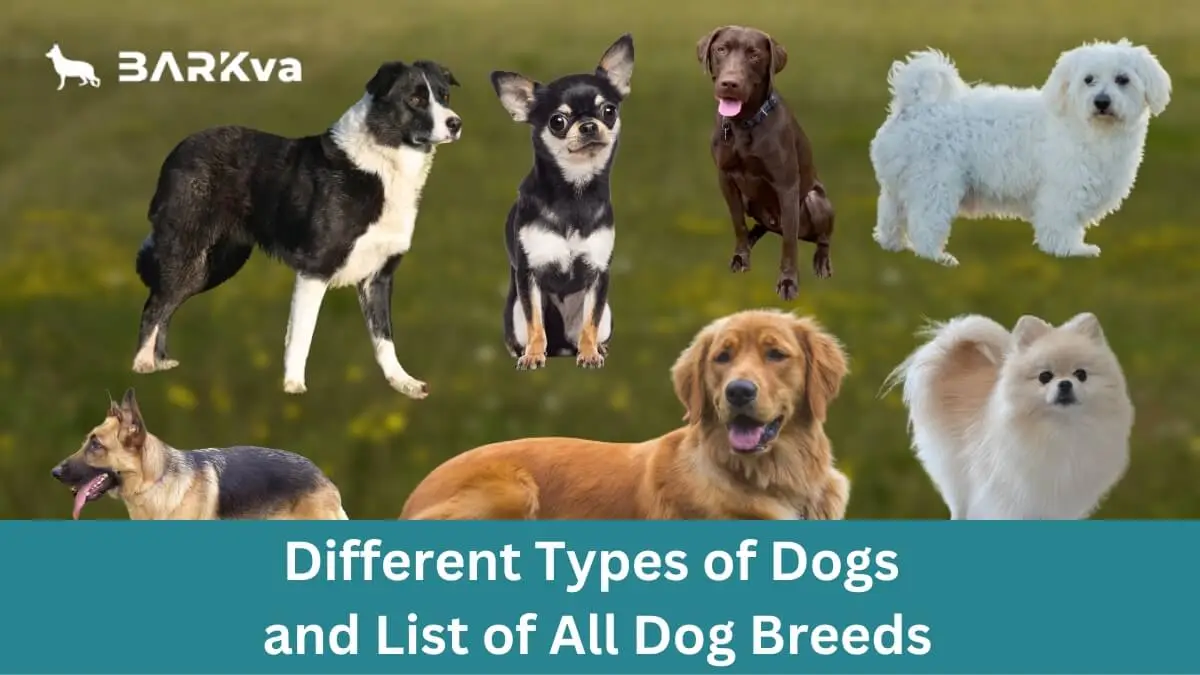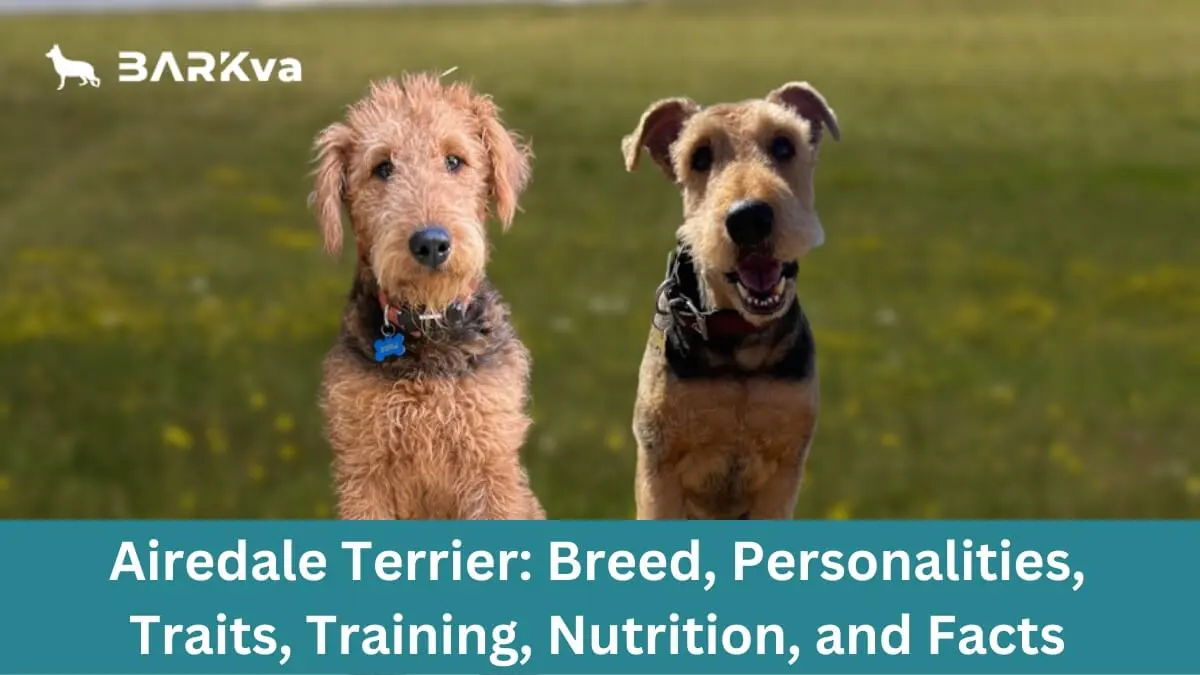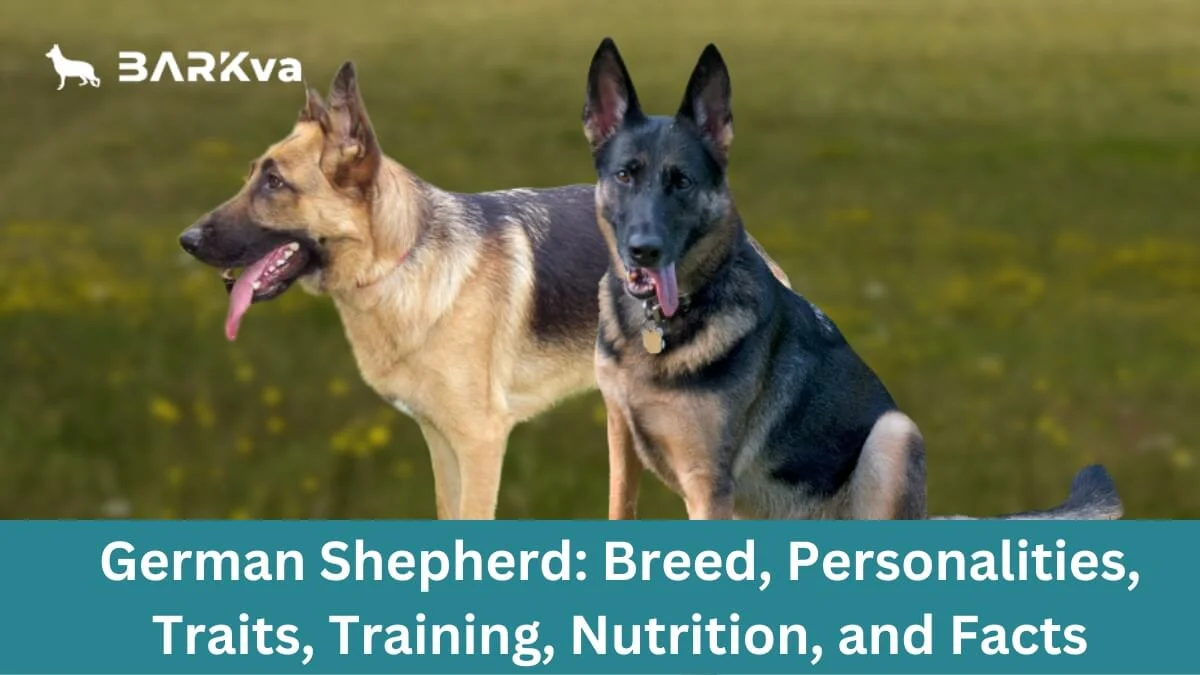BARKVA.oRG
New + Updated
- Bichon Frisé: Breed, Personalities, Traits, Training, Nutrition, and Facts
- Affenpinscher: Breed, Personalities, Traits, Training, Nutrition, and Facts
- Yorkshire Terrier: Breed, Personalities, Traits, Training, Nutrition, and Facts
- Afghan Hound: Breed, Personalities, Traits, Training, Nutrition, and Facts
- Maltese: Breed, Personalities, Traits, Training, Nutrition, and Facts
- Pomeranian: Breed, Personalities, Traits, Training, Nutrition, and Facts
- Chow Chow: Breed, Personalities, Traits, Training, Nutrition, and Facts
- English Cocker Spaniel: Breed, Personalities, Traits, Training, Nutrition, and Facts
- Australian Shepherd: Breed, Personalities, Traits, Training, Nutrition, and Facts
- Great Dane: Breed, Personalities, Traits, Training, Nutrition, and Facts
- Rottweiler: Breed, Personalities, Traits, Training, Nutrition, and Facts
- Dachshund: Breed, Personalities, Traits, Training, Nutrition, and Facts
- Airedale Terrier: Breed, Personalities, Traits, Training, Nutrition, and Facts
- Doberman Pinscher: Breed, Personalities, Traits, Training, Nutrition, and Facts
- Chihuahua: Breed, Personalities, Traits, Training, Nutrition, and Facts
- Poodle: Breed, Personalities, Traits, Training, Nutrition, and Facts
- Border Collie: Breed, Personalities, Traits, Training, Nutrition, and Facts
- Alaskan Malamute: Breed, Personalities, Traits, Training, Nutrition, and Facts
- Siberian Husky: Breed, Personalities, Traits, Training, Nutrition, and Facts
- Labrador Retriever: Breed, Personalities, Traits, Training, Nutrition, and Facts
- French Bulldog: Breed, Personalities, Traits, Training, Nutrition, and Facts
- Golden Retriever: Breed, Personalities, Traits, Training, Nutrition, and Facts
- Bulldog: Breed, Personalities, Traits, Training, Nutrition, and Facts
- German Shepherd: Breed, Personalities, Traits, Training, Nutrition, and Facts

Hi there, I’m Jesse – the person behind this site. I’m a dog foster, dog trainer and former volunteer at Richmond SPCA and surrounding dog shelters for over 10 years. You can learn more about me and the site here


























